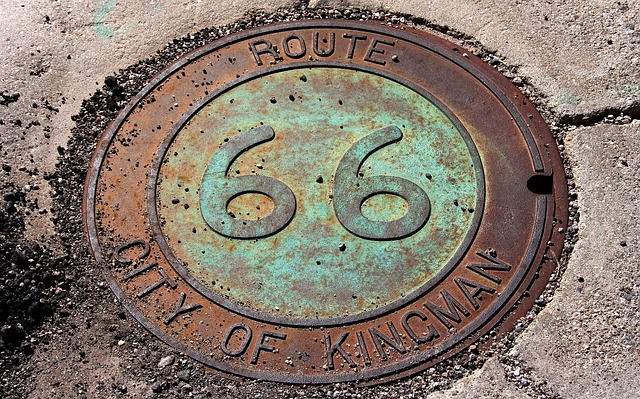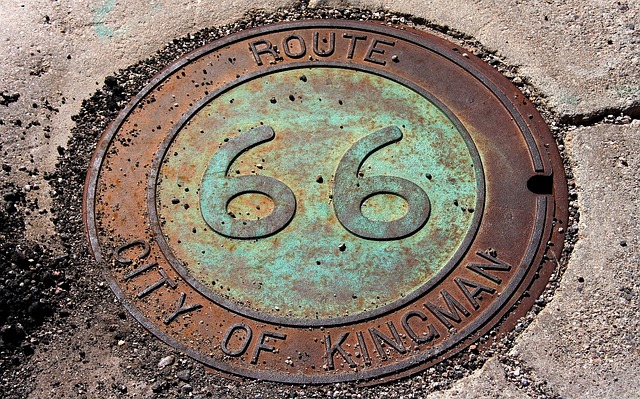Small towns are gaining popularity as ideal locations for both living and doing business due to their unique blend of tranquility and entrepreneurial spirit. Affordability in real estate allows startups and smaller companies to secure prime locations with lower overhead costs, while tight-knit communities foster camaraderie, local investment, and strong customer loyalty. Word-of-mouth recommendations and community pride drive a vibrant Real Estate market, and regular events strengthen bonds, boosting employment rates and economic growth.
In the heart of many bustling small towns, a unique and nurturing environment for commerce thrives. This is where local businesses flourish, not just because of favorable real estate but also due to a warm, welcoming community spirit. As commerce grows, these towns ingeniously balance change with their charming character, creating an inviting atmosphere for entrepreneurs while preserving their distinct identity. In this article, we explore the strategic benefits of small-town real estate, delve into fostering friendliness, and navigate the challenges and opportunities that come with sustainable growth.
Small Towns as a Nurturing Ground for Commerce

Small towns, often perceived as quiet and tranquil, are actually thriving hubs for commerce and business growth. The tight-knit communities foster a unique sense of camaraderie that encourages local entrepreneurship and investment. In recent years, there’s been a noticeable shift where folks are seeking out these small-town settings for both residence and business ventures. This trend is significantly impacted by the availability of affordable real estate, which has attracted many who wish to balance a peaceful lifestyle with thriving commercial opportunities.
The vibrant atmosphere of small towns provides an ideal environment for businesses to flourish. Local consumers tend to support nearby establishments, creating a robust market for merchants. Additionally, these communities often boast a loyal customer base that appreciates the personal connections and unique offerings that small businesses bring to their doors. This supportive ecosystem encourages innovation and collaboration, positioning small towns as nurturing grounds for commerce that can rival metropolitan areas in terms of business vitality.
– Exploring the unique advantages of small-town real estate for businesses

Small towns offer a unique set of advantages for businesses looking to establish themselves, particularly in terms of real estate. One of the key benefits is affordability. Compared to metropolitan areas, commercial properties in small towns are generally more reasonably priced, making it easier for startups and smaller businesses to secure prime locations without breaking the bank. This affordability often translates into lower overhead costs, allowing businesses to invest in other essential areas like marketing and staffing.
Moreover, small-town real estate often comes with higher visibility and better community access. Main streets and bustling marketplaces are easily accessible, providing excellent foot traffic for local businesses. The sense of community in these towns fosters strong customer loyalty, which can be a powerful asset for new enterprises looking to build a solid client base. This tight-knit environment also encourages collaboration and networking opportunities between neighboring businesses, creating a supportive ecosystem that promotes mutual growth.
– How local economies thrive and the role of community engagement

In small towns, a thriving local economy often relies on the tight-knit community and their engagement with one another. This sense of camaraderie fosters a robust environment where businesses thrive through word-of-mouth recommendations, supporting each other, and contributing to a vibrant Real Estate market. Locals take pride in owning and operating businesses within their community, creating a unique atmosphere that draws visitors who seek authentic experiences.
Community engagement plays a pivotal role in the success of these towns. Local events, festivals, and gatherings bring people together, strengthening bonds and fostering a sense of belonging. These interactions encourage patrons to support nearby establishments, boosting local employment rates and driving economic growth. As a result, small-town businesses thrive, offering distinct services and products that cater to both residents and tourists alike.






